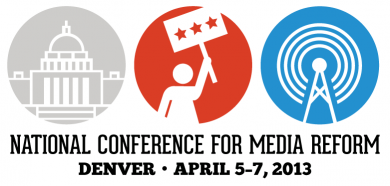War on Women
You might remember that lovely time known as Election 2012. What did we hear in the media? Politicians talking about “legitimate rape,” Rush Limbaugh attacking women who use birth control — and fights about whether women should ... umm ... maybe get paid the same as a dude doing the same job.
Most women I know were left wondering how we ended up living in an episode of Mad Men.









